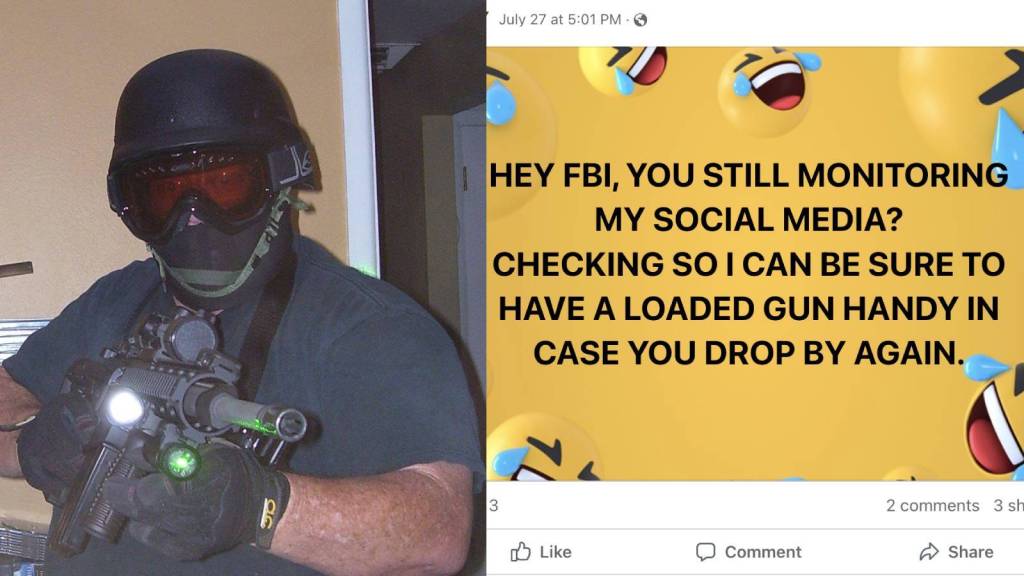In the weeks following the school shooting at Marjory Stoneman Douglas High in Parkland, Florida last winter, something remarkable happened: Florida lawmakers delivered a bill to Governor Rick Scott that raised the age of firearm purchases to 21 and increased funding for mental health services, among other changes. The bill, the “Marjory Stoneman Douglas High School Safety Act,” marked the rare occasion when an episode of horrific gun violence resulted in direct and relatively speedy legislative action.
Even more remarkable was that it happened in Florida, a state that has been the crucible for so-called “Stand Your Ground” laws and other policies that embody the NRA’s vision of gun culture in the US. In the wake of the Parkland tragedy, the March for Our Lives movement that arose from it has given the gun debate a new significance, precisely because it shows that the voices of young people can result in direct political change.
Videos by VICE
The gun debate is incredibly complex and too often cast in black and white when, in reality, the political interests and opinions that drive the discussion tend to land in the gray. So over the coming days, I’ll be posting video thought-starters as part of a series called Maybe I’m Wrong that outline my stances on certain elements of the gun debate. I don’t believe I’m 100 percent right about anything, and I’m curious to see what you guys think might be flawed or biased or straight-up wrong with my POV.
Then, later this month, I’ll be hosting a live discussion between advocates on both sides of this issue to continue the work of elevating young people’s voices and forcing elected officials to pay attention.
Our latest thought-starter explores what might be the most contentious and core question out there about guns in America: Do they actually make people and their loved ones safer?
Protection is one of the most compelling reasons Americans tend to cite when explaining their unique fondness for gun ownership. According to a 2017 Pew survey, 65 percent of male gun owners listed it as a top reason for having one. For women, that percentage rose to 71 percent.
Whether guns are actually effective protection tools has of course been the subject of fierce debate and many studies. In the early 1990s, Florida State University researchers conducted a telephone survey of almost 5,000 households in 48 states. They asked respondents if they or someone in their home had used a gun in self defense in the last five years. Crucially, they specified that the gun didn’t need to be fired to have proved useful in defense—whether of their body or their property. Extrapolating from those responses, the researchers concluded that Americans used guns defensively as many as 2.5 million times a year.
While that sounded like a lot, critics have since raised doubts the study’s methodology. Another, perhaps more scientific analysis of the most nationwide crime data from FBI databases concluded in 2015 that “private citizens are far more likely to use guns to harm others or themselves than to use them to kill in self-defense.” That squares with the simple argument made by gun-control advocates that the Second Amendment is abused to make society more dangerous.
Indeed, the list of ways Americans have come up with to hurt themselves using tools they think keep them safe is as disturbing as it is long. Parents let toddlers get ahold of firearms, and tragedy ensues. People shoot family members or roommates they mistake for intruders. And, perhaps most commonly, domestic disputes between partners escalate when guns—typically wielded by men—are in the household.
Is the presence of a firearm really a deterrent of any kind to harm—or the cause of harm? It’s the question at the core of the “good guy with a gun” mantra behind modern NRA mythology about preventing mass shootings. But that whole notion has been definitively debunked by a litany of academic research showing loose gun laws that permit more guns in more places tend to be accompanied by more (non-fatal) violent crime.
Maybe I’m wrong, but when it comes to how individuals behave in their homes, I’m inclined to side with the overwhelming number of gun-violence experts pointing to the hard crime numbers as showing they do not tend to make people safer. Still, I can understand how lived experience might have taught many Americans something entirely different.
The only question is how many of us are really basing our determination that guns are useful tools on IRL experiences—and how many are just fixated on the the abstractions of the Second Amendment.
Sign up for our newsletter to get the best of VICE delivered to your inbox daily.
Follow Krishna Andavolu on Twitter.




